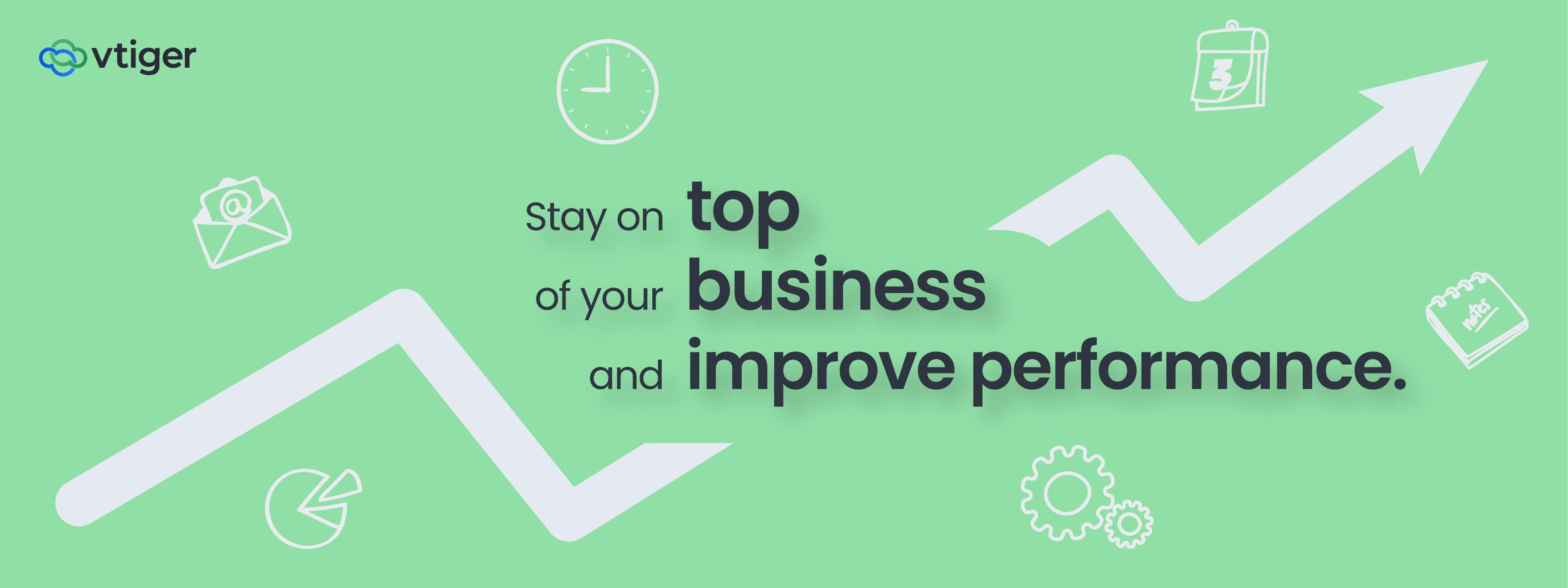What is productivity?
Productivity determines the standard of results. Productivity generally refers to the ability of an individual, team, or organization to work efficiently within that time in order to maximize output.
Work is a cycle of setting and meeting targets or deadlines- individuals and companies require productivity systems and tools to stay on top of their game and deliver results.
Researchers studied knowledge workers in 2013 and again during the 2020 pandemic lockdown and found significant changes in how they are working.
Here are the key findings:
- Lockdown helps us focus on the work that really matters. We are spending 12% less time drawn into large meetings and 9% more time interacting with customers and external partners.
- Lockdown helps us take responsibility for our own schedules. We do 50% more activities through personal choice — because we see them as important — and half as many because someone else asked us to.
- During lockdown, we view our work as more worthwhile. We rate the things we do as valuable to our employer and to ourselves. The number of tasks rated as tiresome drops from 27% to 12%, and the number we could readily offload to others drops from 41% to 27%.
Productivity is a function of many factors — organization, work environment, motivation, time management, and health.
Here are tools that can help you enhance your productivity at work:
Organizational Tools
Organization is important to productivity. Traditionally, to-do lists, spreadsheets, diaries, planners, and sticky notes help organize activities. Digital organizational tools can do a lot more.
Digital diaries like Penzu, content planners like Hootsuite, and digital spreadsheets like Airtable make adding, managing, collaborating, organizing, and accessing data and knowledge way easier. Evernote, Microsoft OneNote, and Dropbox paper, help make notes while Sanebox and Unroll.me help organize and declutter emails.
Project Management Tools
Project management is required to realize a project’s goals with scope, time, and budget constraints. Tools like Process Bliss and ClickUp help manage processes and workflow.
Project Libre, Rational Plan, and GanttPRO perform additional activities like resource planning, budget management, and progress monitoring. Other project management tools like ProofHub, Infinity, and Wrike also increase work productivity.
Communication Tools

Communication tools like Shift, Fleep, and Litmus, help manage multiple accounts, emails, web apps, and tools. Email Finder and Right Inbox also make email communications easier and quicker. Zoom, Skype, and Gotomeeting are excellent tools for team meetings and video conferencing.
E-Learning Tools
Productivity increases once you significantly improve your skills. A new replacement skill or knowledge boosts your personal and work development. CodeNest allows you to learn even the most complex tech courses easily and improve your productivity.
Time Tracking Tools

Time management yields high productivity because goals or targets are achieved within the assigned time frame. Even with a schedule or to-do list, it is possible to lose track of time and spend more hours than intended on a task.
Time tracking tools track the amount of time spent on a project and ensure that you are within your tasks all the time. These productivity tools are recommended for remote teams. Examples include Toogl, Harvest, Everhour, Hubstaff, and Time doctor.
Collaboration Tools
Team-work increases productivity because different individuals pool resources together to realize a goal. The foremost widely used collaboration tools are Slack, Google Docs, Bit.ai, and Trello. They permit multiple individuals to work on a project.
Collaboration tools are essential for communication, contribution, and monitoring in team projects. They assist declutter your workload by supporting delegation since multiple individuals can handle different tasks in a workspace.
Storage Management Tools
Cloud storage may be a cheap, time-efficient method to store and backup a system. However, it’s additional capabilities include website hosting, email hosting, mobile workspaces, and straightforward file sharing.
Cloud storage tools to boost personal and workplace productivity include: iCloud, Google Drive, and Microsoft OneDrive. They provide easy file access and protection. Knowledge management tools like Tettra make it easy to seek out and update information.
Scheduling Tools
Following a schedule helps you to try to do more in less time. Scheduling gives the power ability to prioritize tasks, goals and complete projects within the available time. They boost productivity through fore-planning and reminders.
You can schedule appointments, bookings, meetings, messages, and tasks with these tools. It can also synchronize with digital calendars and use AI algorithms to learn your schedule, and take over organizing, booking, and updating events. These tools include Calendly, Calendar, ScheduleOnce, Appointfix, Arranger, and Doodle.
Health Management Tools

Health is wealth because an individual’s productivity is essentially dependent on their physical and mental health. Some tools help to watch and maintain your body’s overall well-being. MyFitnessPal, Yoga studio, Talkspace, TMetric,Streak, Loseit, Doropomo help increase work productivity by helping you track and maintain your psychological state, healthy habits, and weight.
Conclusion
Your productivity directly affects the standard and quantity of your results. High productivity puts you on top of things in your life because it gradually pulls you out of the cycle of chasing deadlines. It provides a sense of fulfillment after each work is done and keeps you from burning out. Pick a minimum of one application from each category entitled, and watch your productivity level skyrocket.



